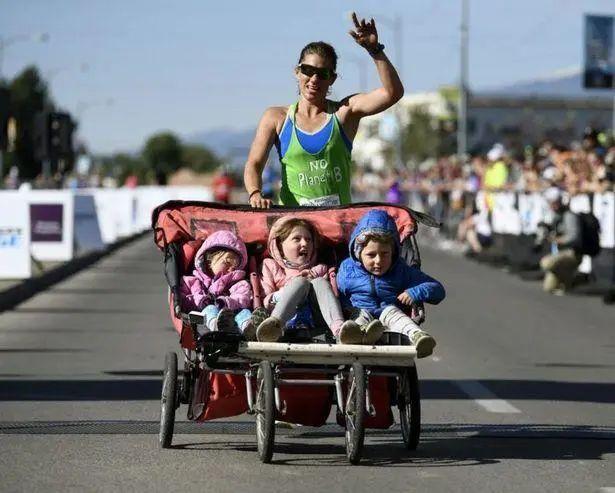When a six-month-old baby sweats frequently, many new mothers may feel anxious, even in non-high-temperature environments. Does this mean there is a health problem with the child? Is medical examination necessary? These questions often leave young mothers puzzled. Next, we will delve into this phenomenon.
Babies sweating at night, especially in summer, are often attributed by parents to the hot weather, overlooking other possibilities. Experts suggest that besides climatic factors, night sweating in infants may also be a manifestation of calcium deficiency.
Sweating is a normal metabolic process in the human body, but sometimes it can signal underlying health issues. Excessive night sweats in sleeping infants, and even susceptibility to colds due to feeling chilly, medically referred to as “night sweats,” are likely early signs of calcium deficiency, associated with early symptoms of rickets. Therefore, parents should pay adequate attention to this phenomenon.
Excessive sweating in children can generally be classified into physiological and pathological types. Physiological sweating usually has clear triggers, such as wearing excessive clothing, intense exercise, or consuming spicy foods, and once these factors are eliminated, the symptoms of sweating will disappear. Moreover, children of this type generally have a healthier constitution without other comorbidities.
In contrast, the causes of pathological sweating are more complex, involving multiple diseases that require precise diagnosis of the specific causes behind it for effective treatment.
Particular attention should be paid if sweating mainly occurs at the beginning of nighttime sleep, gradually decreases, and is accompanied by symptoms such as baldness, abnormal head shape, and skeletal changes, which highly suggest a possible calcium deficiency. The fontanelle of infants usually closes around one and a half years old. If a baby sweats with discomfort, a comprehensive examination should be conducted promptly to understand the status of trace elements.
Parents should refer to the above analysis of infant sweating, remain vigilant, and seek medical attention promptly if the baby experiences other discomfort due to sweating. In daily life, carefully observe the baby’s physical condition, fulfill the responsibilities of a responsible mother, and avoid neglect that could affect the baby’s healthy growth.


